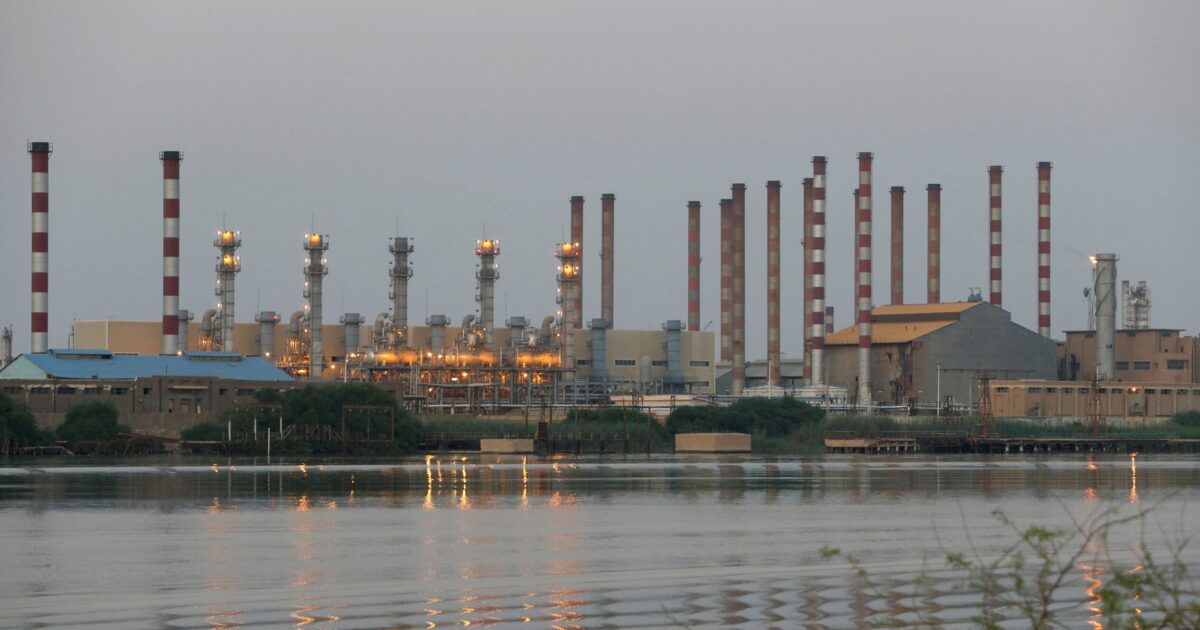A step closer to a new maximum price regime for the Russian oil made the European Union (EU) seeking to step up pressure on Moscow and maintain price control in the future.
Member States of the European Union (EU) are considering a new proposal to reduce the threshold for Russian oil – currently set at $ 60 a barrel – and its automatic review every three months based on market prices. An obstacle was the involvement of shipping states – Greece, Malta and Cyprus – but it is open to the idea, according to Bloomberg sources.
According to the proposed plans, the ceiling will be set at 15% below market prices based on the average of 10 weeks. Based on this approach, the ceiling will initially be reduced to about $ 50 per barrel from the current limit.
The pricing ceiling has been criticized for lack of enforcement, but has been used as a basis for some western sanctions on Russia’s oil trade. A lower level could open the door for further actions. However, the final decision has not yet been made and EU sanctions require the support of all Member States.
The proposals are part of the 18th block of sanctions of the block, which is currently delayed by Slovakia. Bratislava seeks concessions in the EU plan for the gradual abolition of Russian gas. The block executive is ready to offer the country some assurances if it is veto.
Greece, Malta and Cyprus have so far been hesitant to support the reduction of the ceiling without the participation of the countries of the Seven Group, including the US. G-7 leaders failed to secure Donald Trump’s support for the move last month. Although this position has softened somewhat, Trump’s support would make a big difference. The effort to reduce the ceiling was weakened by rising oil prices after US strikes in Iran, but future oil contracts have since retreated.
Other Member States have pushed to proceed even without the US and are in line with the proposed mechanism. Talks between Member States are now moving in a positive direction and discussions with the G-7 allies continue.
Member States discussed the issue at a meeting of Bloc ambassadors on Friday (11.07.2025).
